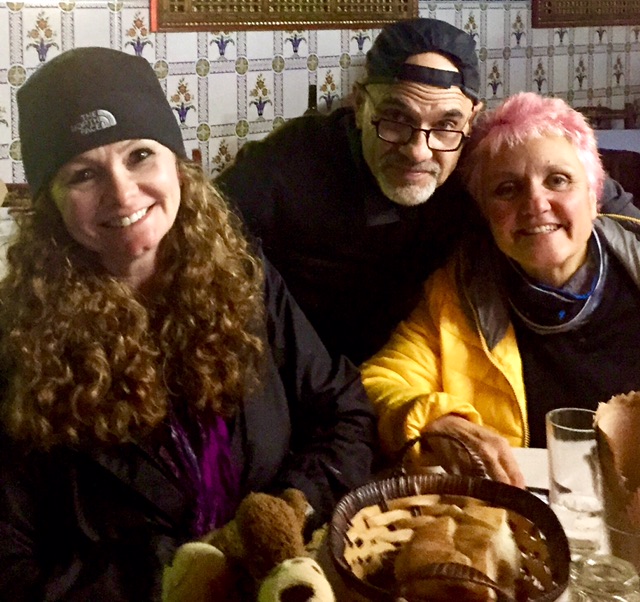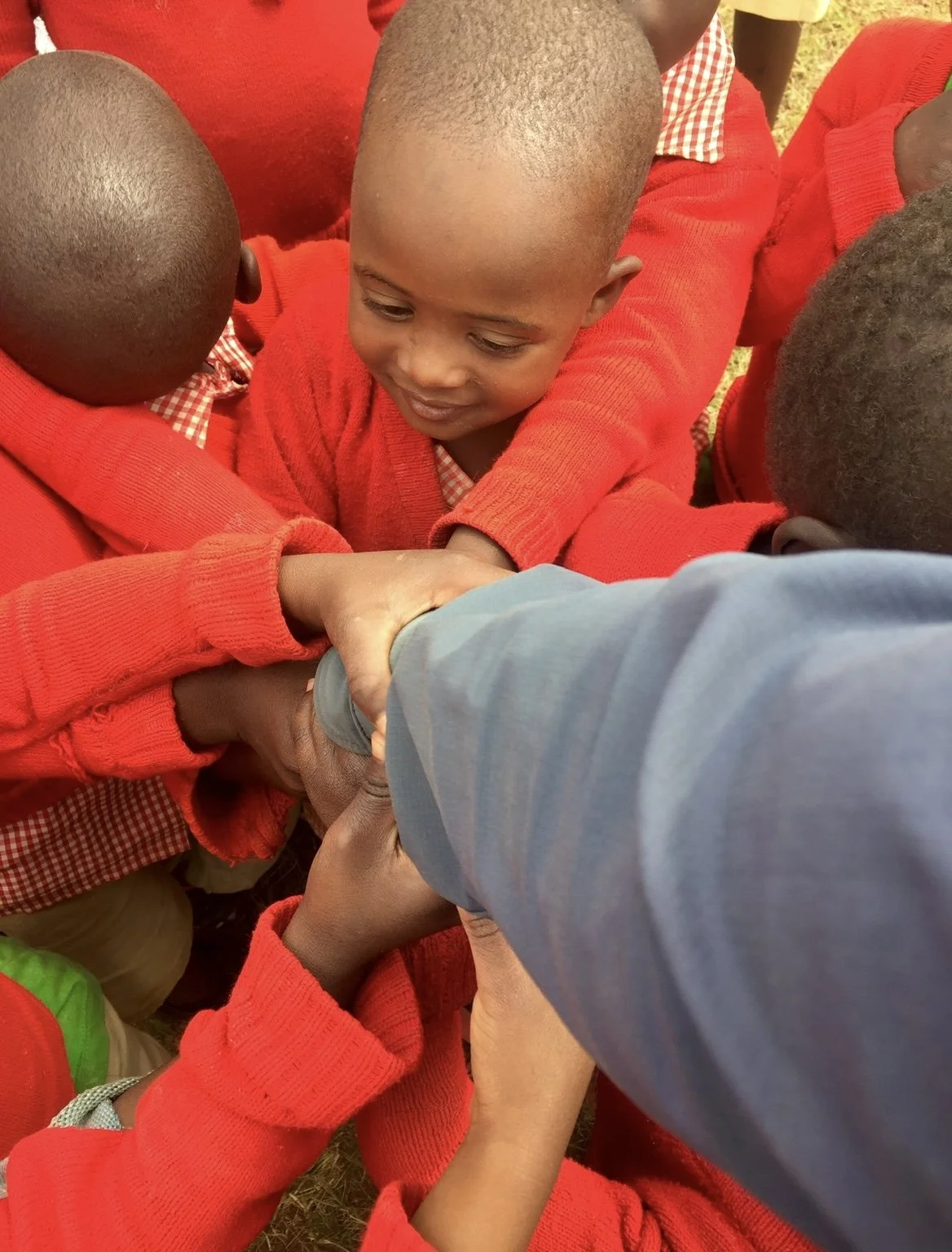Earth Day is a special day to honor our beautiful planet and reflect on the challenges it faces. It's understandable to feel helpless when we think about the challenges that our planet is up against. But remember, every little action counts and can have a significant impact.
For instance, Wangari Maathai, a Kenyan activist, started the Green Belt Movement in 1977 by planting seven trees in her backyard. Her small gesture grew into a movement that has planted over 50 million trees in Kenya and inspired similar efforts around the world. Maathai's story reminds us that even the smallest action can have a ripple effect.
Another inspiring story is that of Boyan Slat, who founded The Ocean Cleanup at the age of 18. His brilliant idea to use ocean currents to collect plastic waste and debris has led to the creation of a revolutionary system that can clean up the Great Pacific Garbage Patch. A mere school project has evolved into a worldwide movement that has achieved remarkable strides in ocean conservation, proving that anyone can make a difference regardless of their age.
So, what can you do? Why not start with a simple act of kindness for our planet, like a clean-up? It's a tangible and rewarding way to make a difference. You can gather some friends, don some gloves, and clean up litter in your local park, beach, or neighborhood. While you may not be able to clean up the world, the potential to create a meaningful impact exists within your own community.
But it's not just about cleaning up litter.
You can also invest in our planet and have a huge impact on it by making small changes in your daily life. For instance, use reusable bags, water bottles, and coffee cups instead of single-use plastic; use public transport only; walk or cycle instead of driving. Supporting local farmers, eating more plant-based foods, and reducing food waste not only help the environment but can also save you money.
While these small changes may seem insignificant, when we all make them, cumulatively, they add up and can make a real difference.
Let’s all commit to do our part this Earth Day and every day! Don't think that your actions won't matter, because they will! We can all make a difference, just like Wangari Maathai and Boyan Slat did with their small but powerful actions.
To learn more about The Ocean Cleanup, visit their website at: https://theoceancleanup.com/.




















